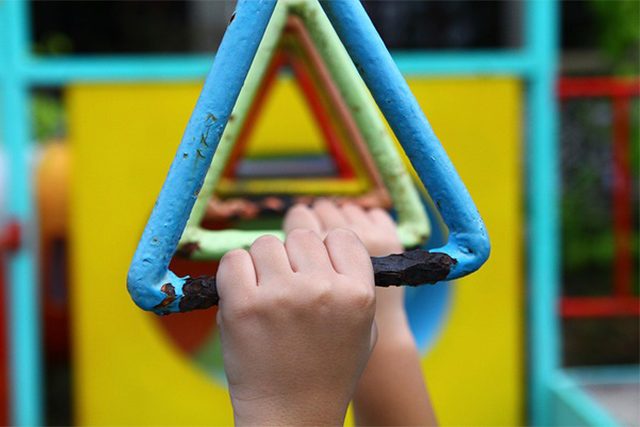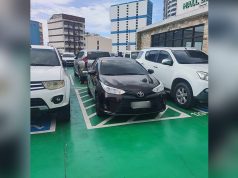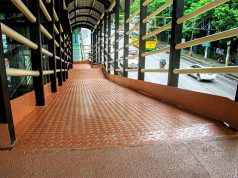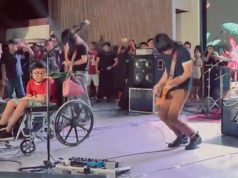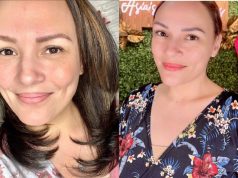A few educators and child rights groups recently lauded the passage of the law that provides free education for learners with disabilities.
President Rodrigo Duterte signed Republic Act (RA) 11650 or the “Instituting a Policy of Inclusion and Services for Learners with Disabilities in Support of Inclusive Education Act” into law on March 11.
A copy of it was later made available to the public via The Official Gazette on Tuesday, March 15.
The law requires all schools in the country to provide “free and appropriate public early and basic education and support and related services” for learners with disabilities.
It also aims to establish a learning facility called the “Inclusive Learning Centers of Learners with Disabilities” or ILRCs for the students’ general education system.
Learners with disabilities cover all “learners in the general early and basic education system who require additional support and related services and adoptive pedagogic method due to their long and short-term physical, mental intellectual or sensory impairments.”
Meanwhile, ILRCs is defined as a “physical or virtual center that provides support and related services” supported by medical, health and allied professionals for the “care, rehabilitation and development of learners with disabilities.”
Sen. Sherwin “Win” Gatchalian, who sponsored the measure, stated that there are 93,895 students with disabilities for the school year 2021 to 2022.
This was 74% lower than the 360,879 figure before the COVID-19 pandemic hit.
Bright future for children with disabilities
E-Net Philippines, a civil society network for education reforms, expressed gratitude to the lawmakers who pushed for the passage of the measure that would benefit children with disabilities.
The group also cited the following salient features of the new law they were thankful for:
- Institutionalization of the Child Find System
- Hiring a multi-disciplinary team for the ILRCs and in-school child development centers
- An advisory council for education of learners with disabilities
“The future of children with disabilities is brighter in inclusive classrooms and schools. Inclusive education not only benefits learners with disabilities, but also create an environment in which every student, including those who do not have disabilities, has the opportunity to flourish,” said Olivia Lucas, president of E-Net Philippines.
Lucas also congratulated the children and the youth with disabilities who will be given access to free education in the future because of this law.
“Congratulations to our children and youth with disabilities whose right to education will be promoted, protected and fulfilled through this landmark law,” she said.
The ACT Teacher Party-list said the passage of this law is also a victory for disability education advocates after decades of fighting for the rights of persons with disabilities.
“This is another victory for disability education advocates who have been fighting for years, even decades for a stronger commitment from government for their education,” the party-list said.
“According to PWD advocates, there are still an overwhelming majority of PWDs that do not have access to education due to the lack of qualified teachers, learning resources, among others that will suit their needs,” they added.
Child rights organizations, Child Rights Network Philippines and Save the Children Philippines, described the passage as a significant milestone for children with disabilities.
They posted their reactions to this development on Facebook.
Save the Children Philippines Chief Executive Officer Alberto Muyot further called on the government to implement this law and strengthen related laws for all PWDs.
“We call on the Philippine government for the full implementation of RA 11650 and to strengthen all other related laws and policies through integrated multi-stakeholder approaches that involve Organizations of Persons with Disabilities, the parents, and the learners with disabilities themselves,” Muyot said.

